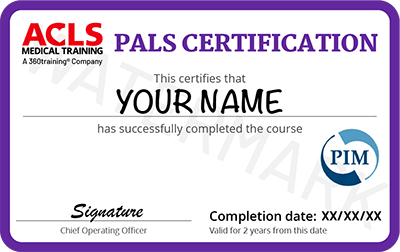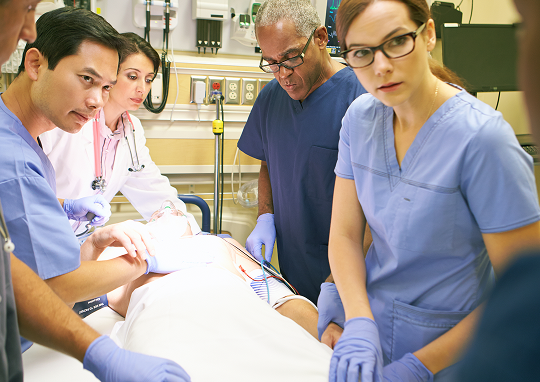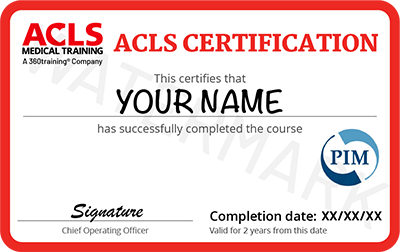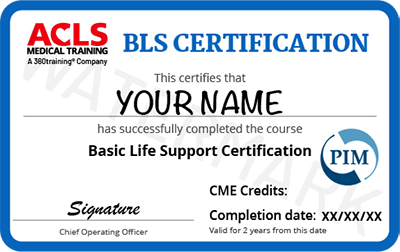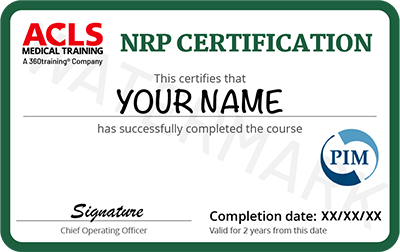Online Pediatric Advanced Life Support (PALS) Recertification
Renew your Pediatric Advanced Life Support (PALS) certification every two years with our comprehensive online recertification course. This course is designed to refresh your skills, keep you current with the latest pediatric resuscitation guidelines, and demonstrate your continued competency in caring for pediatric patients in emergency situations, ensuring you meet essential job requirements.
Who Should Take This Course?
The PALS recertification course is ideal for healthcare professionals who provide care for pediatric patients, including physicians, physician assistants, registered nurses, nurse practitioners, EMTs, paramedics, medical students, and other healthcare providers. It is particularly crucial for those working in the NICU, PICU, Labor and Delivery, Pediatrics, Trauma, and Emergency Medicine. Maintaining your PALS certification is often a requirement for professionals in these areas to ensure they are prepared to handle pediatric emergencies effectively.
What Does This Course Teach?
- High-quality child CPR, infant CPR, and pediatric AED use
- Recognition and management of respiratory distress and failure
- Treatment of respiratory emergencies
- Management of rhythm disturbances and electrical therapies
- Vascular access techniques for infants and young children
- Pediatric post-resuscitation care
- Medications used in pediatric emergencies
- Team dynamics and effective communication within the PALS framework
By completing this recertification course, you’ll not only fulfill job requirements but also ensure that you remain proficient in the life-saving techniques critical to pediatric care.
